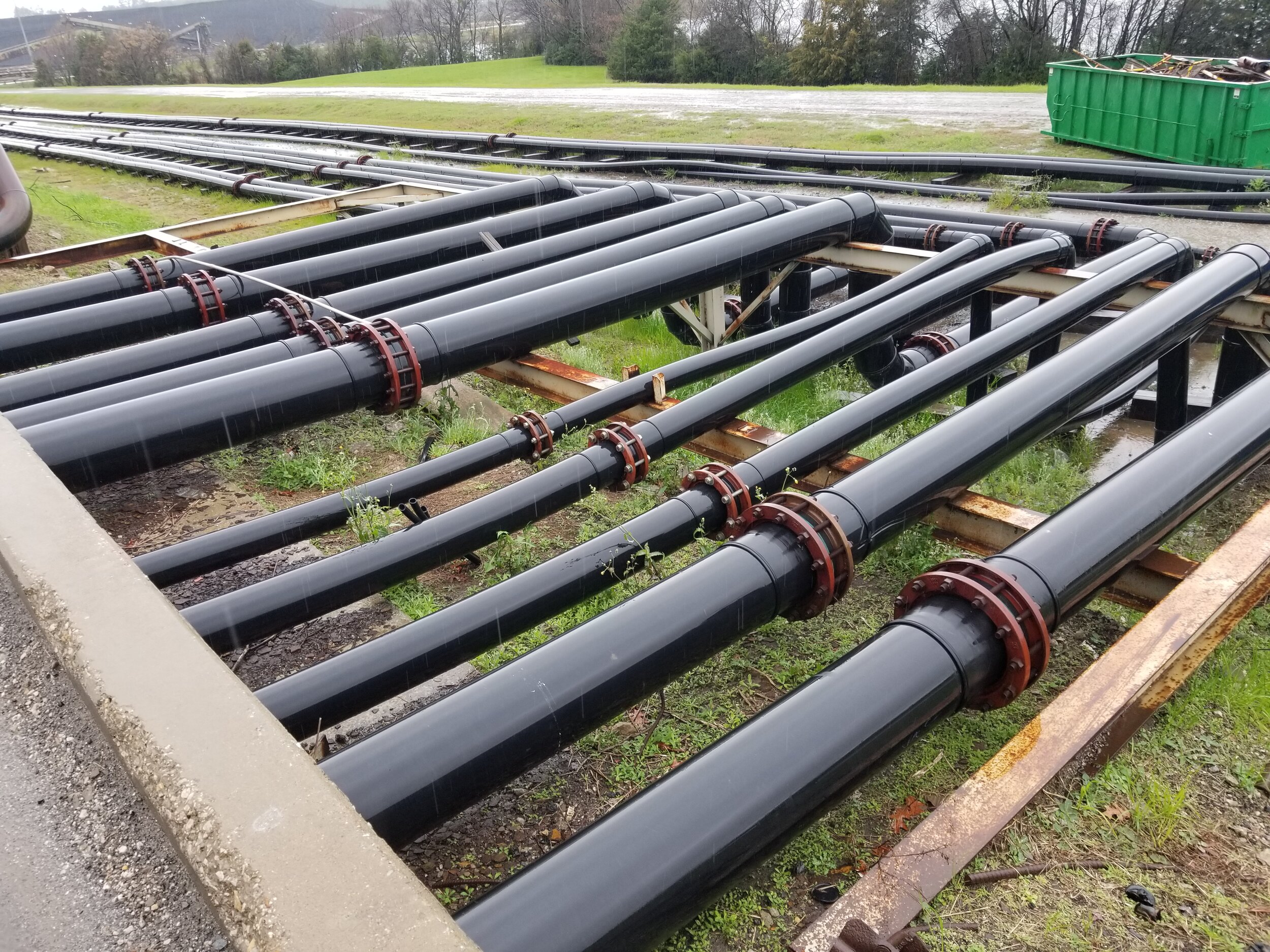How to Use hdpe pipe fittings Midland TX for Optimal Flow
Wiki Article
Recognizing the Trick Benefits of HDPE Pipe for Water and Wastewater Management
Making use of HDPE pipe in water and wastewater monitoring offers many advantages that merit factor to consider. Its outstanding toughness and lengthy lifespan make it a preferred choice for several projects. In addition, the product's resistance to corrosion and chemical damages boosts its dependability in various atmospheres. Nonetheless, the advantages prolong beyond simply durability and resistance. Exploring its cost-effectiveness and ecological influence exposes a lot more engaging factors for its extensive fostering in modern frameworkExceptional Sturdiness and Durability

HDPE pipe attracts attention for its remarkable resilience and longevity, making it a recommended selection in water monitoring systems. Constructed from high-density polyethylene, these pipes can stand up to considerable pressure and stress, ensuring reliable efficiency with time. Their durable nature allows them to sustain severe ecological problems, including temperature level variations and soil movements, which can cause other products to fall short.
The lifespan of HDPE pipelines often exceeds 50 years, offering a cost-effective remedy for districts and sectors alike. In addition, the material's lightweight homes streamline installment, decreasing labor costs and durations. This longevity decreases the need for regular repair work or substitutes, even more improving its financial allure.
In water management applications, the dependability of HDPE pipelines means fewer interruptions and boosted solution continuity, making them important to sustainable framework development. The combination of toughness and longevity solidifies HDPE's role as a cornerstone in efficient water management solutions.

Resistance to Corrosion and Chemical Damages
While several products surrender to corrosion and chemical damage gradually, HDPE pipelines display amazing resistance, making them optimal for numerous water monitoring applications. This resilience originates from the molecular framework of high-density polyethylene, which is inherently non-reactive and does not rust like metals or weaken from direct exposure to extreme chemicals. Therefore, HDPE is extremely effective in environments with aggressive substances, such as wastewater systems that might include acids, bases, and natural solvents.
Furthermore, HDPE pipes can stand up to environmental aspects such as soil acidity and saline conditions, better boosting their suitability for varied applications (Texas hdpe pipe manufacturer). Their capability to keep structural stability gradually reduces the risk of leaks and failures, which is vital in guaranteeing the safety and security and reliability of water circulation and wastewater administration systems. The resistance to rust and chemical damages considerably adds to the total effectiveness and durability of HDPE piping options.
Cost-Effectiveness and Financial Benefits
When taking into consideration the financial ramifications of water administration systems, the cost-effectiveness of HDPE pipelines becomes apparent. These pipes use reduced installment and maintenance costs contrasted to conventional products like steel or concrete. Their light-weight nature streamlines transport and installment, resulting in decreased labor expenditures. Additionally, HDPE pipes display a long life expectancy, usually going beyond half a century, which converts to less substitutes and long-term savings.Furthermore, the resistance of HDPE to corrosion and chemical damage minimizes the need for pricey repair services and substitutes. The pipelines additionally support effective water flow, reducing energy prices connected with pumping systems. By minimizing leakages and water loss, HDPE pipes add to significant economic benefits for municipalities and sectors alike. On the whole, the preliminary investment in HDPE piping can yield substantial economic returns over the life expectancy of the water administration system, making it a sensible option for sustainable infrastructure growth.
Environmental Sustainability and Decreased Influence

Convenience and Flexibility in Installment
Due to the fact that of their one-of-a-kind homes, HDPE pipelines use amazing flexibility and adaptability in setup, making them ideal for a variety of applications. Their light-weight nature enables less complicated handling and transportation, lowering labor expenses and installment time. HDPE pipes can be bent and shaped to fit different terrains and task requirements, which is especially advantageous in testing environments.Furthermore, their resistance to corrosion and chemical damage enables installation in varied setups without the demand for specialized protective coatings. The capacity to fuse joints creates a constant, leak-free system, boosting the overall stability and integrity of the installation. HDPE's flexibility likewise suits ground movement, decreasing the threat of damages in areas susceptible to moving dirt. Overall, these qualities make HDPE pipes not only functional but additionally a favored selection for water and wastewater administration systems.
Often Asked Inquiries
Just How Does HDPE Pipeline Compare to PVC in Water Administration Applications?
HDPE pipe offers superior flexibility, resistance to deterioration, and sturdiness compared to PVC. Its lighter weight helps with less complicated installment, while its long lifespan lowers substitute prices, making HDPE a favored selection in water management applications.What Is the Life-span of HDPE Pipes Under Common Conditions?
Under common conditions, HDPE pipes can have a life-span varying from 50 to 100 years. Their sturdiness and resistance to deterioration add to their lasting efficiency in different applications, making them a reliable selection for framework.Are HDPE Piping Recyclable After Their Life Span?
Yes, HDPE pipes are recyclable after their life span. hdpe pipe in stock Midland TX. They can be processed and repurposed right into new products, greatly lowering ecological impact and website advertising sustainability within the market, making them a green option for piping solutionsWhat Is the Installment Refine for HDPE Pipes?
The installment process for HDPE pipelines includes site prep work, trenching, pipe blend or mechanical joining, backfilling, and stress testing. Correct methods guarantee a sturdy and effective system for transporting water and wastewater properly.Can HDPE Pipeline Be Used for Both Drinkable and Non-Potable Water Systems?
Yes, HDPE pipelines can be utilized for both potable and non-potable water systems. Their convenience, longevity, and resistance to corrosion make them ideal for various applications, ensuring secure and efficient transport of water in various contexts.Report this wiki page